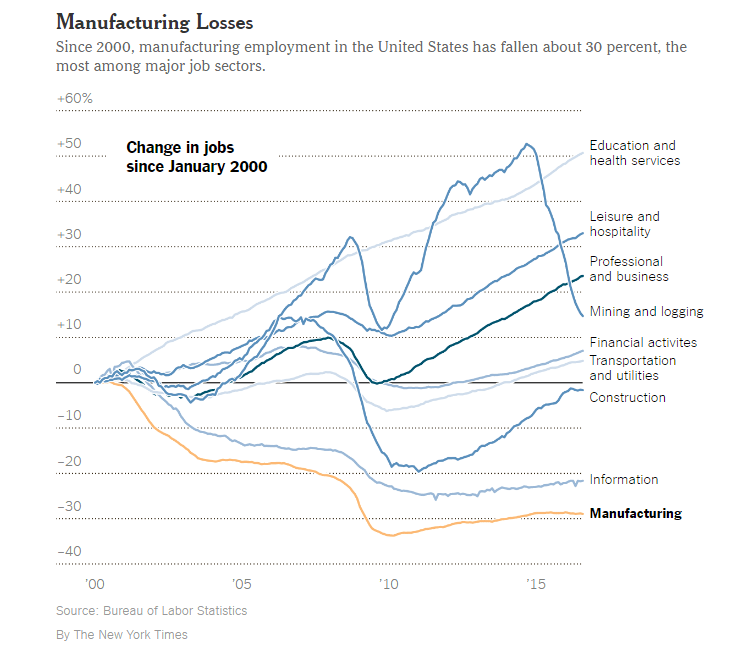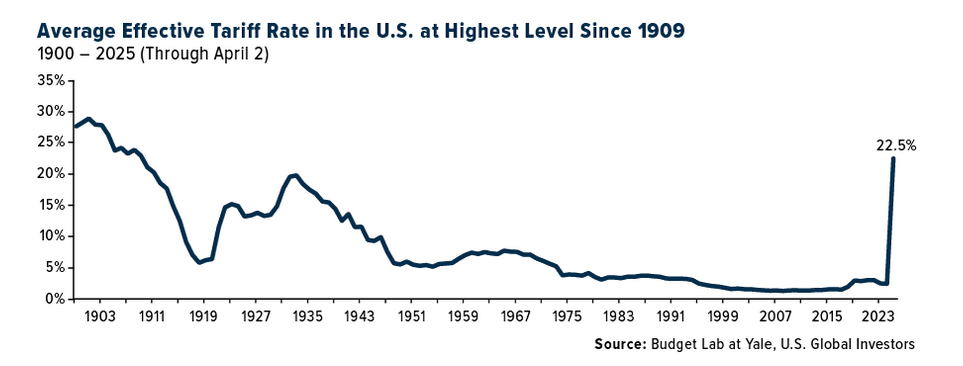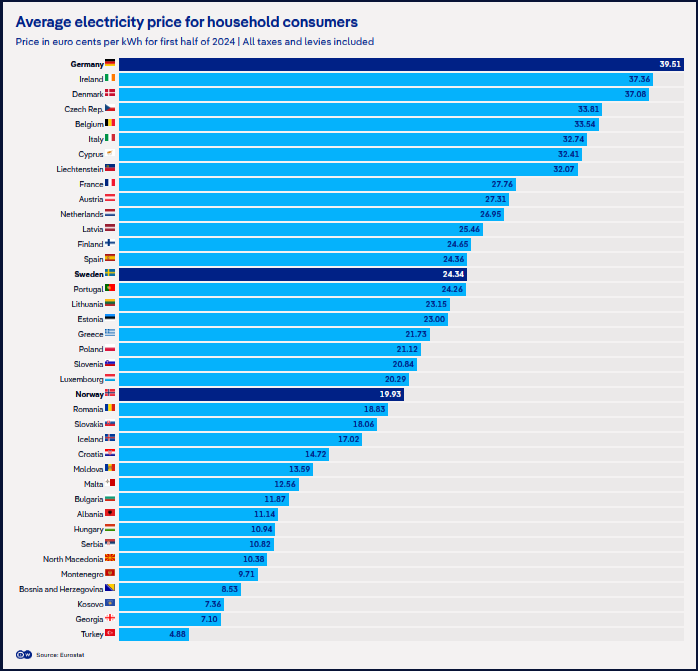The manufacturing industry is one of the hard-hit industries in terms of employment for many decades now. In the years after World War II average Americans with low education and no college degree could live a comfortable middle-class life by getting a job in a local factory. That is no longer possible. Today most such people end up working in minimum wage jobs in retail, restaurants, etc. which will not allow a comfortable lifestyle that they desire.
According to an interesting article in the NY Times recently, globalization and automation has decimated the manufacturing industry in the US. The already suffering manufacturing sector lost an incredible 5.6 million jobs from 2000 to 2010 according to government data. For most of these displaced workers alternative employment of equal pay and benefits are not available due to failure of state policies and brutal private sector focus on the bottom line. While hard-core globalists may argue that such displaced American workers have to go where the jobs are – such as moving to China, India, Brazil or Vietnam, the reality is much different. A worker with family and deep roots in the US, cannot leave the country and move to Shenzen or Bangalore or Saigon for a job. Besides some countries have strict labor laws that ban foreign citizens from working in the country legally especially at the blue collar level. So it can be argued that such workers are effectively trapped as they have nowhere to go.
The chart below shows the decline in manufacturing jobs since 2000:
Click to enlarge
Source: More Wealth, More Jobs, but Not for Everyone: What Fuels the Backlash on Trade, NY Times, Sept 28, 2016
Here is an excerpt from the piece:
ROTTERDAM, the Netherlands — For as long as ships have ventured across water, laborers like Patrick Duijzers have tied their fortunes to trade.
He is a longshoreman here at Europe’s largest port, and his black Jack Daniel’s T-shirt, hoop earrings and copious rings give Mr. Duijzers the look of a bohemian pirate. His wages put him solidly in the Dutch middle class: He has earned enough to buy an apartment and enjoy vacations to Spain.
Lately, though, Mr. Duijzers has come to see global trade as a malevolent force. His employer — a unit of the Maersk Group, the Danish shipping conglomerate — is locked in a fiercely competitive battle around the world.
He sees trucking companies replacing Dutch drivers with immigrants from Eastern Europe. He bids farewell to older co-workers reluctantly taking early retirement as robots capture their jobs. Over the last three decades, the ranks of his union have dwindled to about 7,000 members, from 25,000.
“More global trade is a good thing if we get a piece of the cake,” Mr. Duijzers said. “But that’s the problem. We’re not getting our piece of the cake.”
The full article is worth a read.




